I normally talk about candles, and as a candle photographer, I live in a world where everything looks and smells good. But every now and then, there’s an elephant in the room and I’m not one to ignore it.
This Earth Day, I’d like to share a mind-blowing documentary I watched called Seaspiracy. What started off as a relaxing night in – scouring Netflix for something to watch – ended up being an extremely life-changing watch.
What is Seaspiracy?
This film highlights the harmful human impact on marine life. Sure, plastic debris in our oceans is a huge problem, but the documentary shows how commercial fisheries are to blame for the destruction of the marine ecosystem.
Here are a few facts to give you the scale of the damage we’re causing:
- 2.7 trillion fish are taken from the world’s oceans every year. Marine life cannot recover as quickly as we’re taking from it, so the oceans will be “virtually empty” by 2048.
- 46% of the Great Pacific Garbage patch (1.5 million square kilometres in size) is made up of fishing nets. In comparison, plastic straws make up 0.03% of the plastic entering our oceans. Everyone’s talking about the straws, but where’s the discussion of the nets?
- As a result of by-catch, over 300,000 whales and dolphins are killed annually (and no, “dolphin safe” doesn’t really mean that no dolphins are killed when sourcing your tuna)
- Fish consumption is dangerous to your health. Due to pollution, the contaminants (such as mercury and plastic compounds) now found in fish frequently outweigh the benefits of Omega-3 fatty acids.
What Does This Mean for Us?
This documentary really moved me. We see reminders everyday to recycle, use less plastic, and so on. You go through your life knowing we need to save the planet. But what we don’t realize is that the Earth we call home is literally on its last leg. We have one last chance to get it right.
We take and we take and we take so much from this planet, but what do we give back? The ocean keeps us alive. If the ocean dies, we die. It may sound a bit morbid, but that’s the reality we’re facing. It’s time for a serious wake-up call, if you ask me.
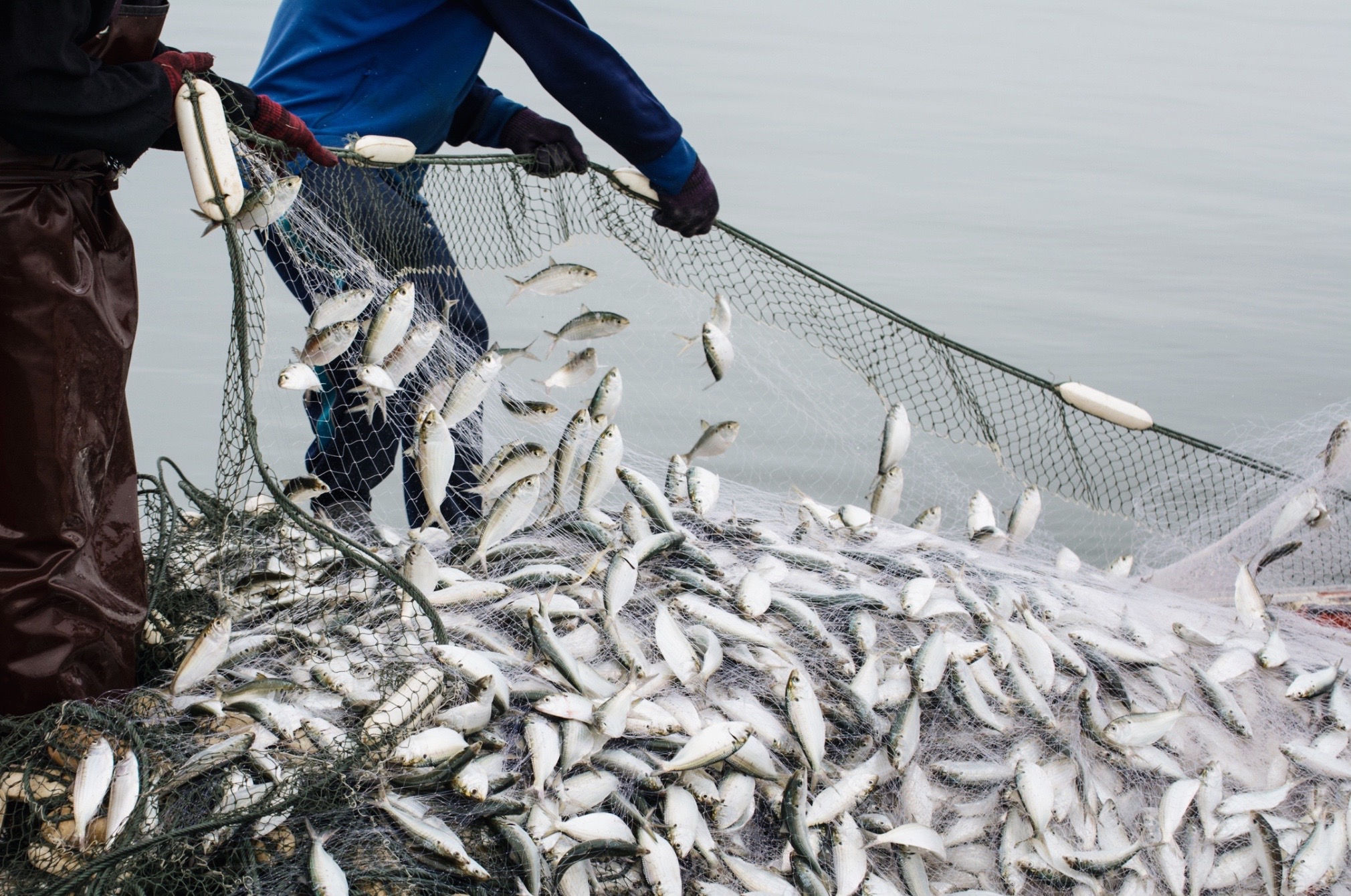
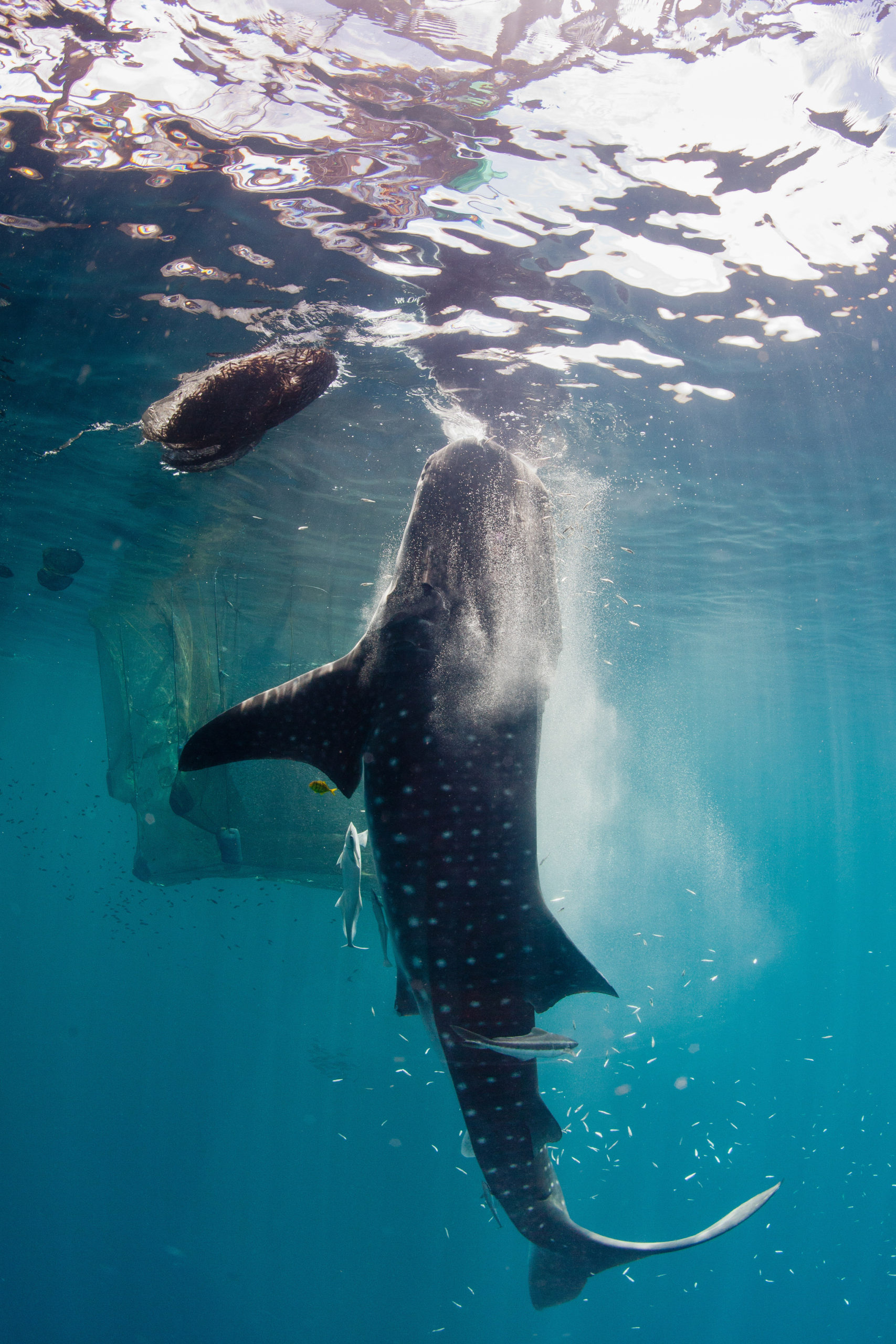
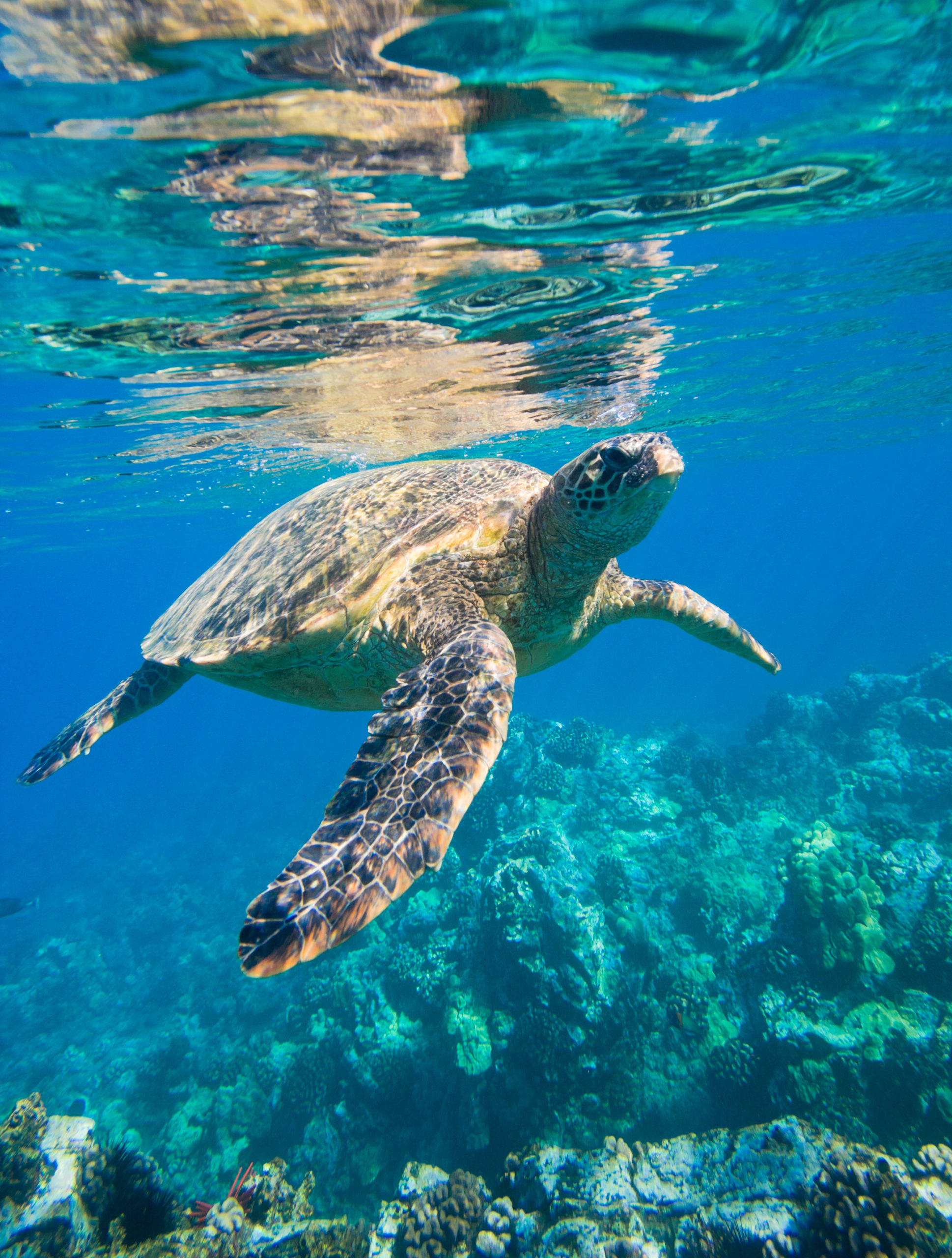
What Can I Do?
So, what did the impact of these facts have on me? An immense desire to take action. What can I do on my part? Here are some changes I’ve made.
1. A Plant-Based Diet
I love(d) meat, but I’m not about to continue giving my money to support the destruction of our oceans. So, I’m moving towards a plant-based diet. Lifestyle changes aren’t always easy, but I can’t sit back and do nothing. Plus there are so many benefits to this lifestyle:
- Lowered blood pressure
- Maintaining a healthy heart
- Helps prevent Type 2 diabetes
- Assists with weight loss
- May help you live a longer life
Giving to the Cause
There are people on the front lines actively fighting the destruction of our oceans. Here are some options if you want to lend your financial support – every little bit counts!
1. Seaspiracy (of course)
You can make one-time or monthly donations to help with the creation of further investigative and educational content, as well as support a worldwide campaign to pressure world leaders into bringing the fight to save the oceans to the forefront of political and environmental action.
2. Earth.org
This organization tackles a bunch of environmental issues, including saving our oceans and climate change – which is all interlinked and has the same goal: an end to our destructive ways and a more sustainable solution.
3. Oceana
This international organization is focused solely on the oceans and is committed to achieving measurable change. They have already achieved so much, but there is way more to be done.
4. World Wildlife Life (WWF) Not only can you donate to help save marine life, you can also make a pledge for our planet.
These are organizations worthy of your support. But please watch the documentary to better inform yourself about which organizations are making a real difference and which organizations may actually be part of the problem. Not every environmentally focused nonprofit is truly committed to being part of the solution, so do your due diligence and spend your dollars wisely.
Save the Ocean: It’s About Basic Principles
Perhaps you think this is all just for shock value. But if you think about it logically, it really comes down to math: The more you take, the less there is. Cause and effect. Right now, we’re taking more than the ocean can give, and it’s not sustainable.
My wish from sharing this post? If I can get just one of you to join me (and many others) in this quest to save the oceans, that would be enough. This message needs to be shared, whether others choose to act or not. As long as the information is there, it’s up to you to do with it as you please. But you should know.
I just want to live a more thankful life. Wouldn’t it be great to come home, light a candle and breathe clean air knowing our planet can thrive for future generations?
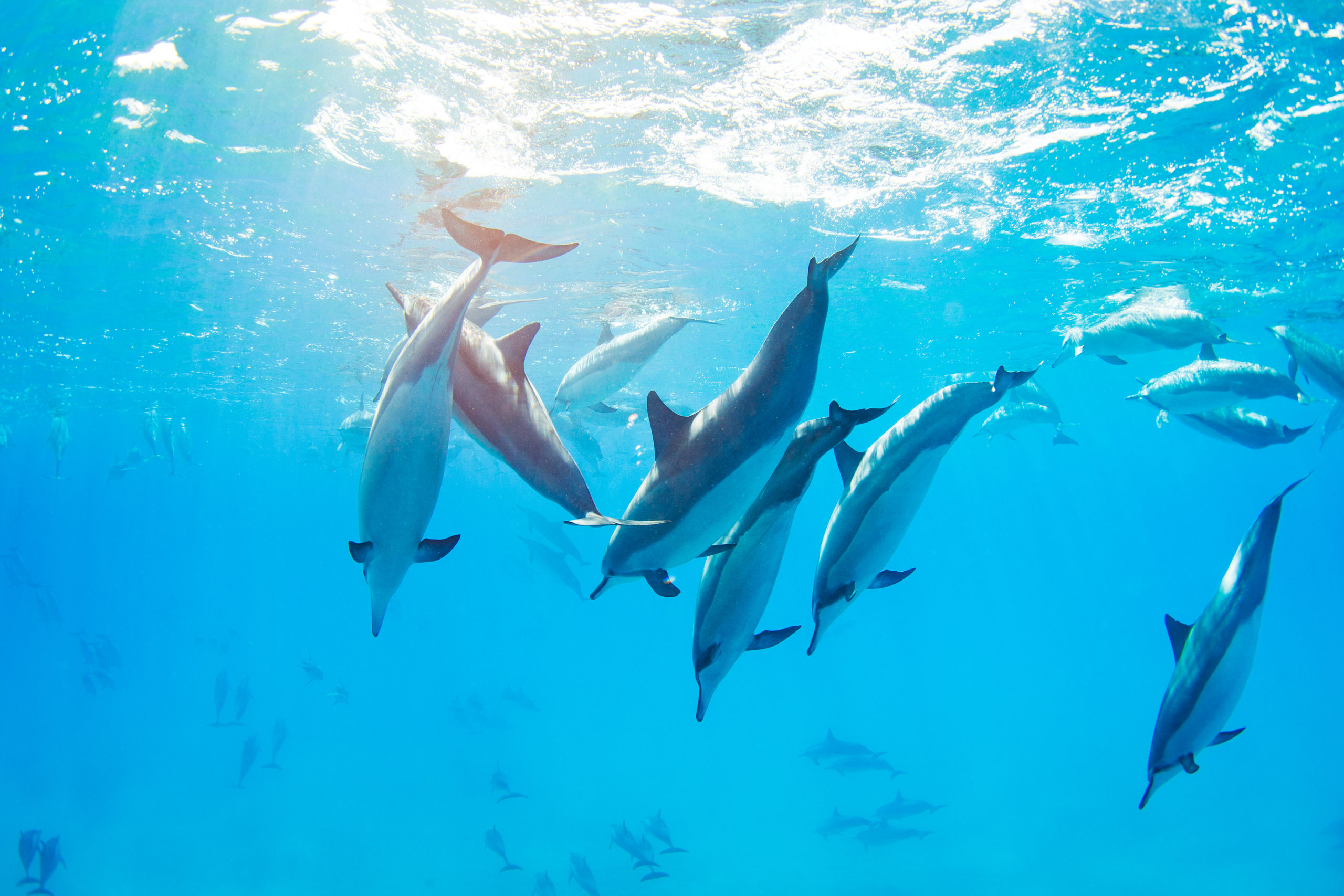

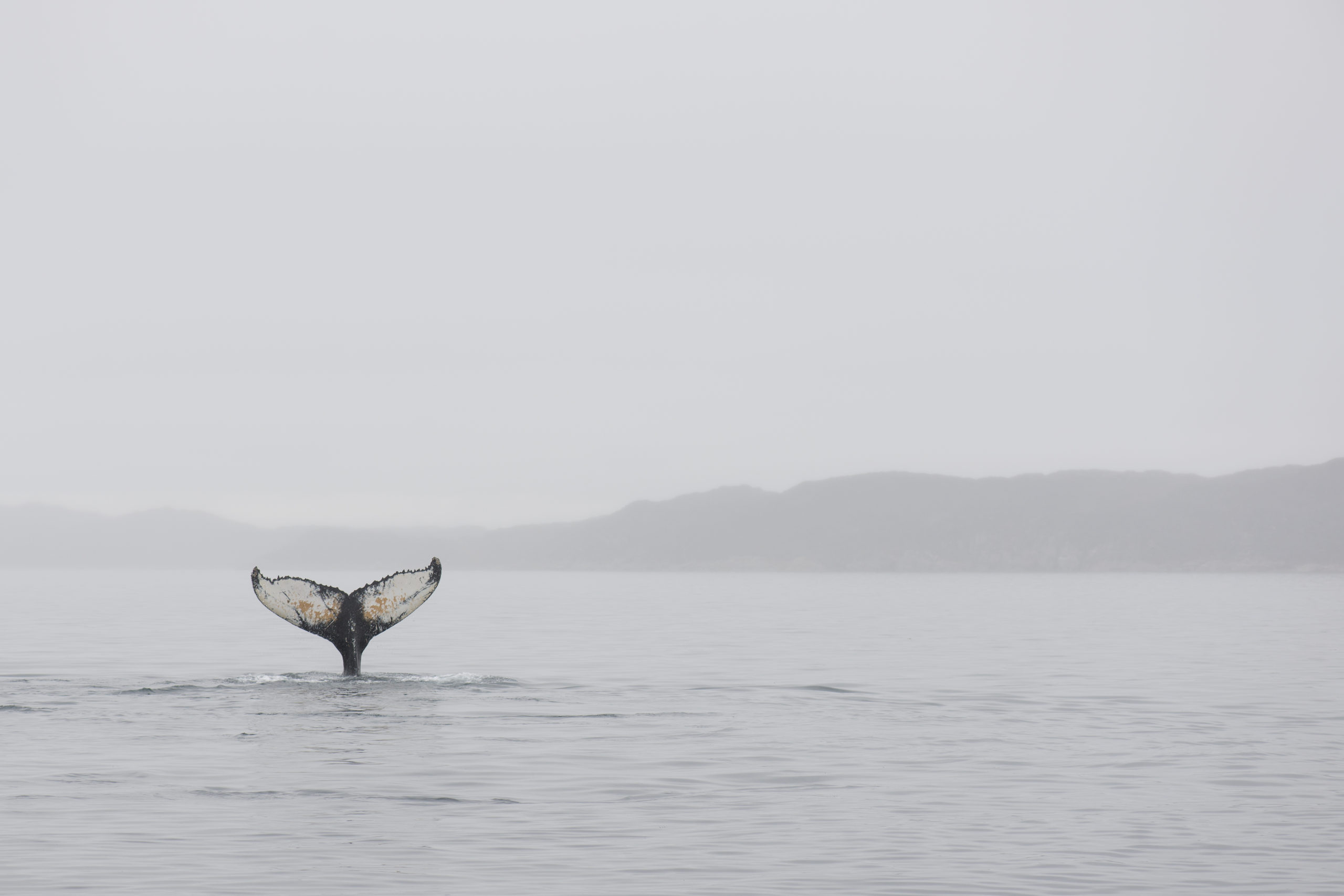

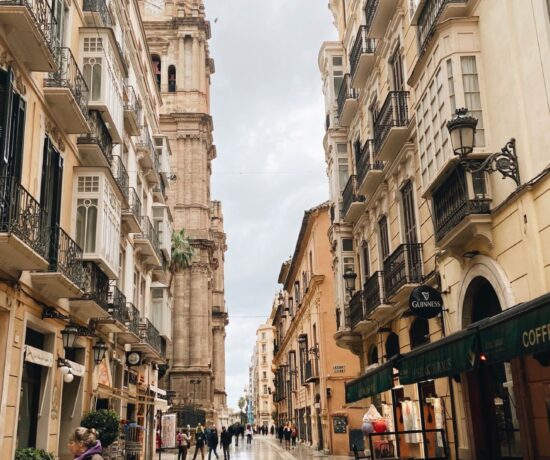

No Comments